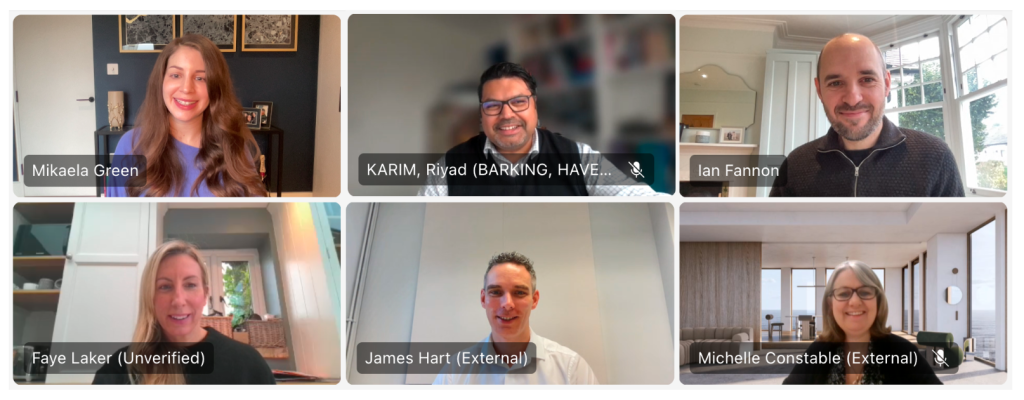Behaviour change briefing webinar: How can behavioural science help improve vaccination uptake?

A big thank you to the speakers and panel members at our latest webinar, which focused on the use of behavioural science to help improve vaccination uptake. Presentations and panel discussions highlighted the importance of in-depth insight gathering approaches, targeted communications underpinned by behavioural science, and community engagement practices.
Hosted by Mikaela Green, a Senior Consultant at Claremont, the session started with Claremont’s Owner and Managing Director, Ian Fannon, setting the scene by outlining the importance of vaccination campaigns and reflecting on the influence of anti-vaccine movements, amplified by social media. Drawing on the ‘COM-B model’ by Michie et al., 2011 (Capability, Opportunity, Motivation – Behaviour) and the ‘5C model’ of psychological antecedents of vaccination by Betsch et al., 2018 (Confidence, Complacency, Constraints, Calculation, and Collective Responsibility), Ian’s introductory remarks highlighted the need for behavioural science-driven approaches that resonate with people’s motivations and biases, and are sustained by effective partnership working.
Faye Laker, Campaigns Manager for the London Borough of Barking and Dagenham Council, then introduced the council’s decision to collaborate with Claremont for behavioural insight expertise, and deliver a campaign that focused on strategic behavioural messaging to boost vaccine uptake. Faye highlighted the importance of an integrated approach, which combined targeted, data-driven messages with robust community engagement and accessible location of pop-up vaccination clinics. This approach aimed to make the vaccination process as accessible as possible while building trust within the community.
Ian shared additional insights, and a more detailed overview, of recent vaccination campaigns led by Claremont. These two campaigns balanced time and budget constraints with rapid insight gathering and behavioural science-based approaches to messaging. To promote behaviour change, the endowment effect was applied effectively by framing vaccines as something people were entitled to and was waiting for them (“your vaccine is waiting for you”). This technique applied to text reminders from GP practices, contributed to high attendance rates and record numbers in the borough.
The session concluded with a panel discussion featuring Riyadul Karim, Assistant Director of Community Engagement and Vaccine Equity at NHS England; James Hart, Head of Operations for NHS Services at Vaccination UK; Michelle Constable, Head of Behaviour Change for Hertfordshire County Council; and our speakers Faye Laker and Ian Fannon.
Audience questions guided the conversation towards practical applications of behavioural science in public health campaigns, including in initiatives targeting obesity and mental health. Panellists emphasised the importance of partnership-working and resource efficiency, with Michelle offering advice on maximising limited budgets through effective, targeted communication strategies. James highlighted the importance of technology and cross-sector collaboration to tackle complex issues, and Riyad stressed the necessity of culturally sensitive approaches, with Ian advocating for a shift from broadcast messaging to open dialogue. The panel specifically noted the impact of working with local leaders and trusted voices to reinforce campaign messages.
Many thanks to all who came. We’ve uploaded a recording on YouTube for anyone who’d like to watch (or re-watch).
